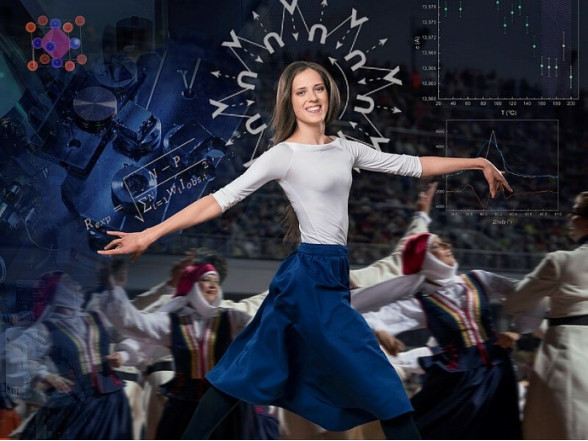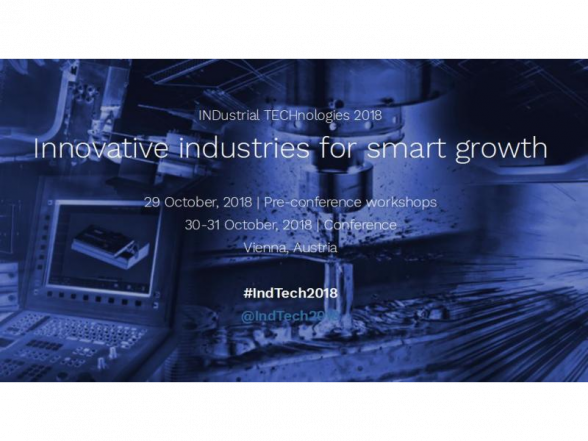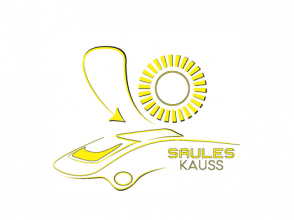Three young scientists from Latvia have been honored as laureates of the Baltic Fellowship for Women in Science 2024, a prestigious competition organized by the Latvian Academy of Sciences and the Latvian National Commission for UNESCO. One of the winners is a research assistant from the ISSP UL’s Laboratory of Microscopy, Līga Ignatāne.
Līga has worked at the ISSP UL since 2015. Currently, she is a candidate for a Doctor of Science degree. Her dissertation focuses on the production of nanostructures using a focused ion beam. The availability of the latest generation dual-beam microscope in Latvia, coupled with increasingly close collaboration with biologists, enables the development of new and more precise solutions for detecting various substances, even at low concentrations. Līga also holds a part-time position as the coordinator for the Taiwan and the Baltic States Research Center on Physics.
Līga recognizes that the scholarship she received is a significant acknowledgment of her scientific contributions thus far and a financial incentive that will allow her to dedicate more time to her dissertation topic.
In addition to her academic pursuits, Līga has a passion for folk dancing. She concluded her dancing career with the ensemble "Daiļrade" and has been leading the youth dance collective "Sadancis" since 2021, where she continues to share her love for dance.
Read about Līga Ignatāne (maiden name – Bikše) in ISSP UL’s communication campaign on scientists’ personalities and communication campaign scientists and hobbies.
The Baltic Scholarship for Women in Science 2024 aims to empower female scientists in the Baltic States by providing financial support and promoting their achievements. This year, nine exceptional women scientists will each receive a scholarship of €7,000. The initiative seeks to encourage talented female students to pursue careers in science, enhancing the representation of women in research fields.
The scholarship competition in Latvia, organized by the Latvian Academy of Sciences in partnership with the Latvian National Commission for UNESCO and supported by the Ministry of Education and Science, attracted 63 applicants. Among these, 50 applications were submitted in the fields of natural sciences, engineering, technology, medicine, and health sciences, while 13 were from the humanities and social sciences.



